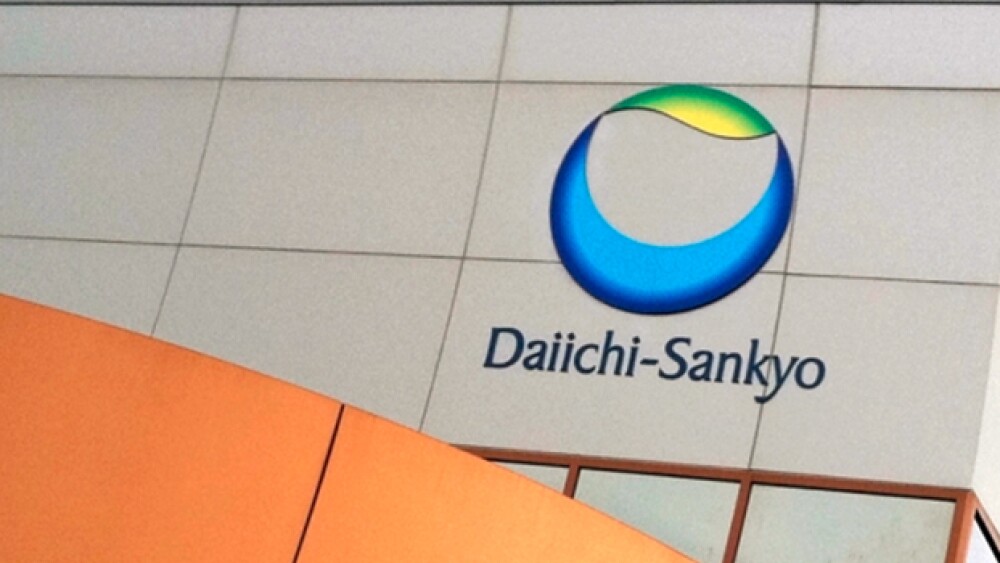The approval is for only “select” patients where surgery isn’t an option. It also comes with a Boxed Warning for liver toxicity, which has been a problem in several clinical trials with the drug.
The U.S. Food and Drug Administration (FDA) approved Daiichi Sankyo’s Turalio (pexidartinib) for adults with symptomatic tenosynovial giant cell tumor (TGCT).
TGCT is a rare, non-malignant tumor that can be aggressive locally. It affects the synovium-lined joints, bursae and tendon sheaths, which causes decreased mobility in the affected joint. It is typically benign, but because it affects the joints, can be debilitating.
TGCT is estimated to occur in 11 to 50 cases per million person-years based on data from three countries. It appears in two types, localized, which occurs in 80 to 90% of cases, and diffuse, which accounts for 10 to 20%. Surgical resection is the standard of care, but in patients with a recurrent, difficult-to-treat, or diffuse type of TGCT, the tumor can wrap around bone, tendons, ligaments and other parts of the joint, making it difficult to remove and surgery may not be an option. TGCT is also called pigmented villonodular synovitis (PVNS) or giant cell tumor of the tendon sheath (GCT-TS).
“The FDA approval of Turalio represents a paradigm shift in the treatment of carefully selected TGCT patients who face significant disease morbidity and for whom surgery is not an option,” stated William D. Tap, chief of the Sarcoma Medical Oncology Service at Memorial Sloan Kettering Cancer Center and lead investigator for the Phase III ENLIVEN trial. “We now have a new oral treatment option that can have a meaningful clinical benefit in select patients, including a reduction in tumor size.”
The approval is for only “select” patients where surgery isn’t an option. It also comes with a Boxed Warning for liver toxicity, which has been a problem in several clinical trials with the drug. As a result, the FDA is requiring Daiichi Sankyo to offer the drug through a Risk Evaluation and Mitigation Strategy (REMS) Program, where only certified physicians can prescribe the drug. Biologics by McKesson, a specialized independent pharmacy for cancer and other complex therapies is the exclusive specialty pharmacy for Turalio.
In a Phase III trial, 13% of patients receiving the drug dropped out of the study because of serious adverse events, compared to only 1.7% of the control cohort. There were two irreversible cases of cholestatic liver injury among 768 patients receiving the drug, one dying and the other receiving a liver transplant.
Regulators, however, felt the benefits outweighed the risk.
“TGCT can cause debilitating symptoms for patients such as pain, stiffness and limitation of movement,” stated Richard Pazdur, director of the FDA’s Oncology Center of Excellence. “The tumor can significantly affect a patient’s quality of life and cause severe disability.”
In the first part of the ENLIVEN trial, 120 patients were randomized 1:1 to receive either Turalio at 1000 mg/day for two weeks followed by 800 mg/day for 22 weeks or matching placebo. The key efficacy outcome measure was overall response rate (ORR) at 25 weeks, which was the proportion of patients having a complete or partial response after 24 weeks as assessed by blinded independent central review (BICR).
The second part of the trial was a long-term, open-label trial after the completion of part 1 where patients could continue to receive Turalio or begin receiving the drug.





